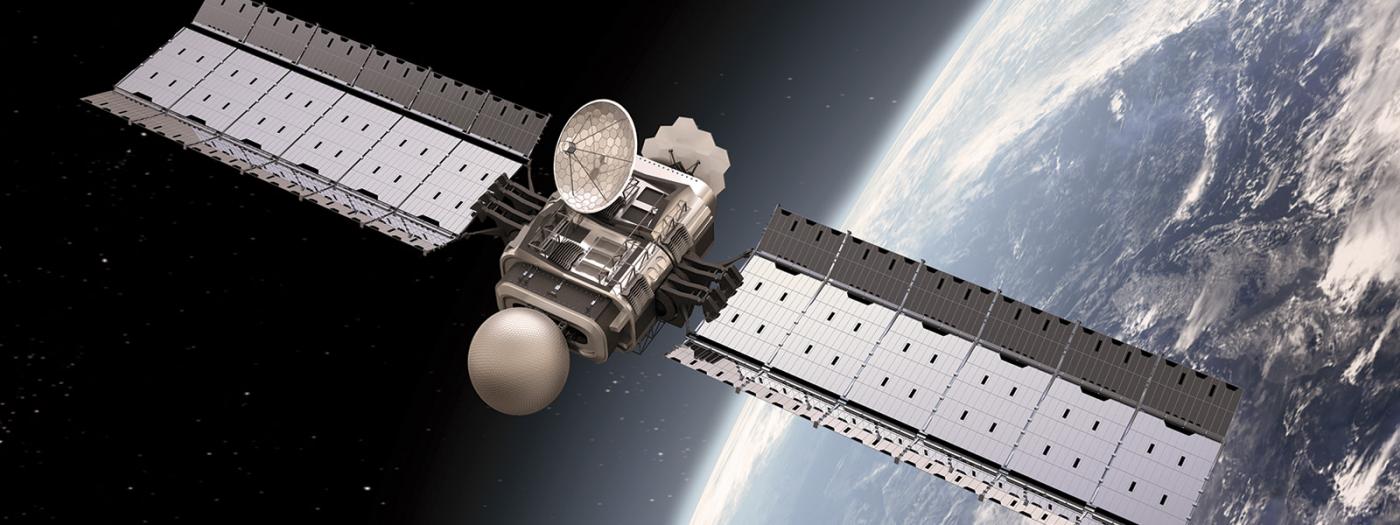This subject guides the student in an introduction to renewable energies, explaining the political context, summarizing production technologies, and the most widespread communication protocols and how to integrate it into Smart Buildings, Smart Cities and the Internet of Things (IoT). We will study the need to apply AI to optimize energy use and demands. Practices will be carried out with real elements, explaining their installation, connection and communication and we will work with Smart Cities monitoring applications and the processes and technologies required.
1. Understand the global context of renewable energies, including their trends, energy policies and the impact of their integration into the electrical system.
2. Know the technologies for generating, storing and managing renewable energy, as well as the communication and control protocols used in energy infrastructures.
3. Analyze optimization and innovation in energy systems, exploring the role of smart grids, artificial intelligence, big data and 5G communications in improving the efficiency and sustainability of renewable energies.
1. Introduction to Renewable Energy
a. Global context of renewable energies
b. Energy trends and policies
2. Renewable Energy Systems
a. Power generation technologies
b. Energy Storage Technologies
3. Communications and Control in Renewable Energy
a. Communication protocols in energy systems
b. Data networks for energy infrastructure management
c. Control and monitoring systems in renewable energies
4. Integration and Optimization of Renewable Energies in Electricity Grids
a. Smart Grids
5. New Trends and Technological Advances in Renewable Energy
a. Advances in emerging technologies
b. Innovations in telecommunications applied to renewable energies
c. 5G Communications in Energy Networks
d. The role of artificial intelligence and big data in the optimization of renewable systems
In this course, students will participate in theoretical and practical classes where the fundamental concepts of Renewable Energies will be explored. During the course, students will acquire the necessary knowledge to carry out a group practice that will focus on the management of the production and storage of energy.
The course will be evaluated based on:
1. Development and presentation of the project: The final project of the course will be developed and presented in a group
2. Individual questionnaires
3. Participation in classes and forums
The course does not provide a citation reference because one of the goals is that students are autonomous in finding information. In any case, some links to materials that are used throughout the class sessions are given.
